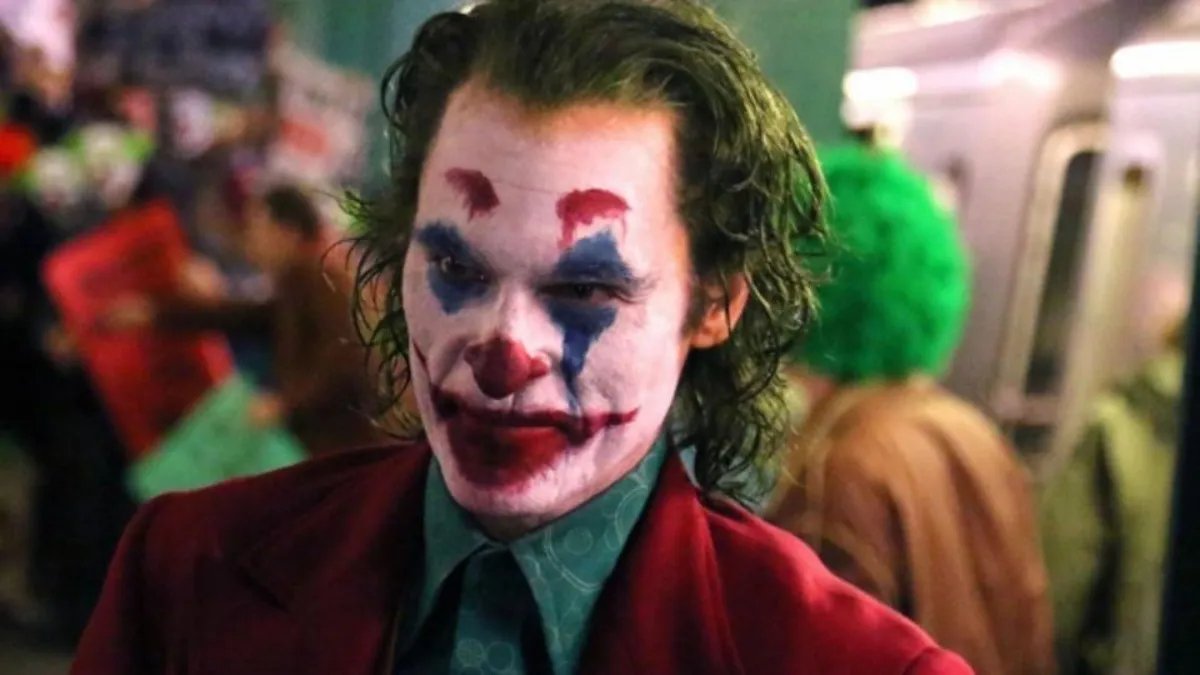I Have to Laugh at Joker’s Terrible Treatment of Its Female Characters
Or else I'd cry.


**Spoilers for Joker lie ahead**
I wanted Joker to prove me wrong. I was open and willing to having my negative expectations upended by the movie. Unfortunately, that was very far from the case. But the bland, potentially dangerous narrative around the Joker’s origin story that’s gotten so much attention wasn’t even the worst part. The worst part is how this movie treats its female characters as absolutely nothing.
By nothing, I mean nothing. By my count, only one woman is actually named out loud and she is framed as the root cause all of the mental and emotional struggles that Arthur Fleck is faced with, and that’s because of her own struggles with mental illness. That anyone would praise this movie’s takes on mental illness baffles me but then again, that’s just the tip of the iceberg of my problems with Joker. We’re focusing now on the women, something the movie itself refuses to do.
Let’s talk about Penny Fleck (Arthur’s mother, played by Frances Conroy). A woman who is physically and mentally abused within the film, her “craziness” makes her almost a villain and is made to be blamed for what Arthur becomes. Penny was in a relationship with a man who abused Arthur in a terrible way and also physically beat her. And the movie chooses to blame her for that.
Penny is seen as crazy and no one gives her the time of day, but Arthur’s version of “crazy”? The chaos that embodies the Joker? That’s explored in detail and presented as a justification for his actions. The thing about the Joker that makes him intriguing is that we know nothing of his malicious nature. He’s the embodiment of chaos and willing to murder and incite violence just because it delights him. With this movie, it can all stem back to how he’s treated by society and, almost more importantly, how his mother treated him growing up. But we never get a look into her very clear struggle with mental illness because hers doesn’t matter outside of how it influences Arthur.
Altogether, there are three women with any kind of significance in the film: Martha Wayne (who I do not think speaks a single word in this movie), Sophie Dumond (played by Zazie Beetz and a character name I had to look up because her name is never said once), and Penny. And that’s it. Sure, there are the bit roles of “Arkham Psychiatrist” and “Social Worker”. (Apparently, Fleck names his therapist in the movie but I do not remember and IMDb lists her as “Social Worker” as previously stated so, there’s that, I guess.) There’s also a brief appearance from a Dr. Ruth-esque sex therapist. Not exactly substantial examples of female representation in film.
But the way this movie treats Penny is totally unacceptable. She is as much a victim of abuse as Arthur but her trauma is never given any weight. She’s blamed for pretty much everything that goes wrong in Arthur’s life and rather than treat her with any sort of compassion for the abuse she’s suffered, she’s shamed for not being able to leave that abusive relationship.
There is so much about this movie that left me asking what point they were trying to make and I still don’t understand why any of these characters exist. Honestly, I almost wish this movie didn’t feature a female character at all because its treatment of the ones that it does have feel like they’re there to check off a box rather than having any kind of agency in the story itself.
(image: Warner Bros.)
Want more stories like this? Become a subscriber and support the site!
—The Mary Sue has a strict comment policy that forbids, but is not limited to, personal insults toward anyone, hate speech, and trolling.—
Have a tip we should know? [email protected]
